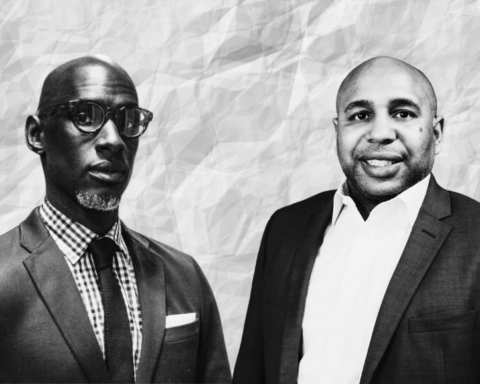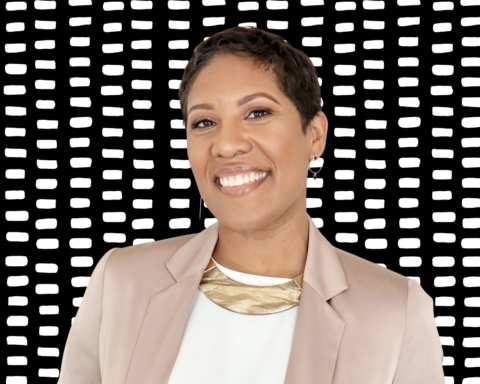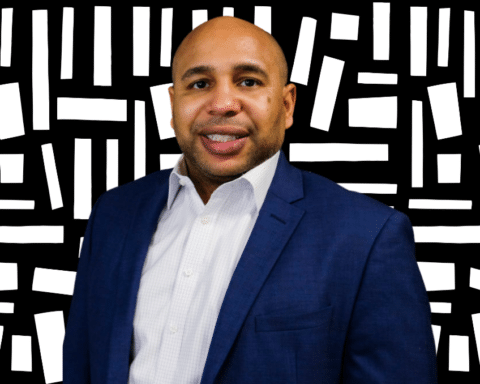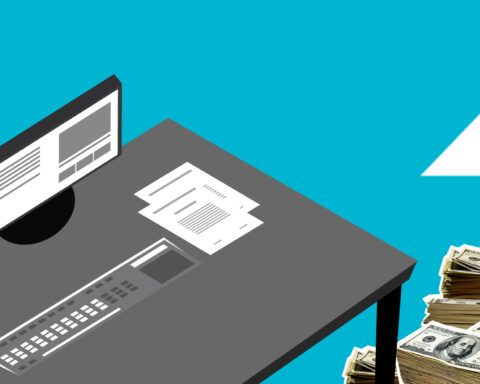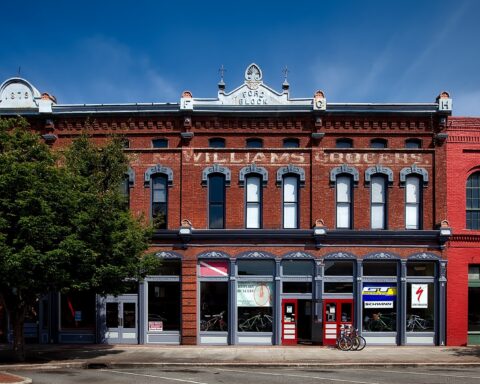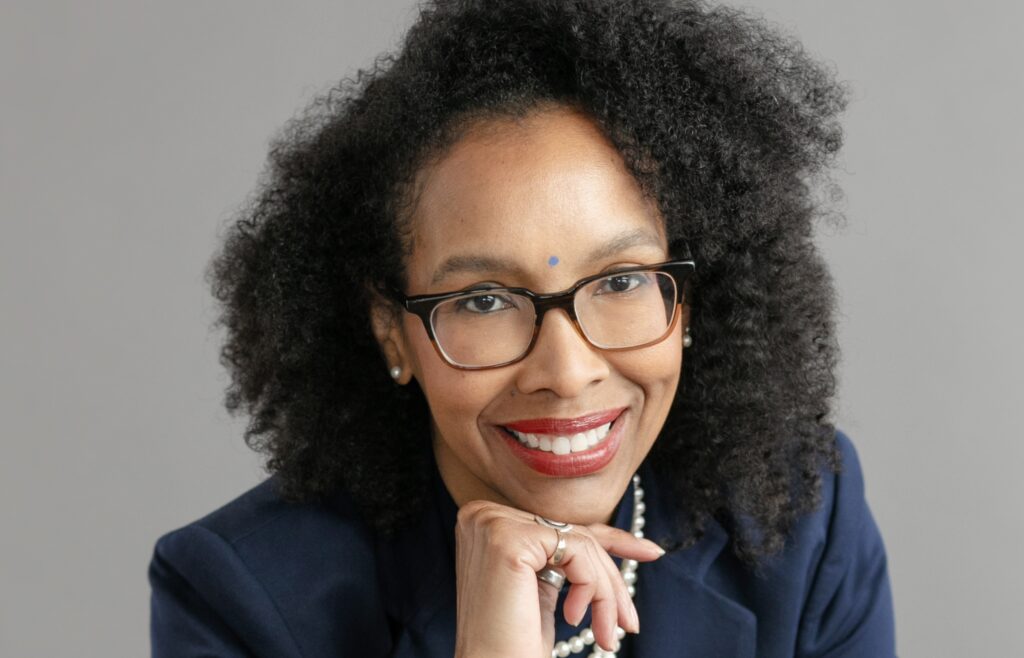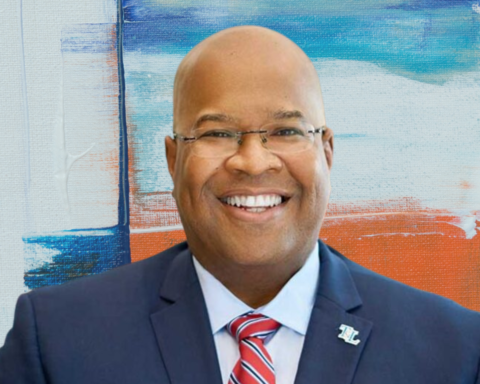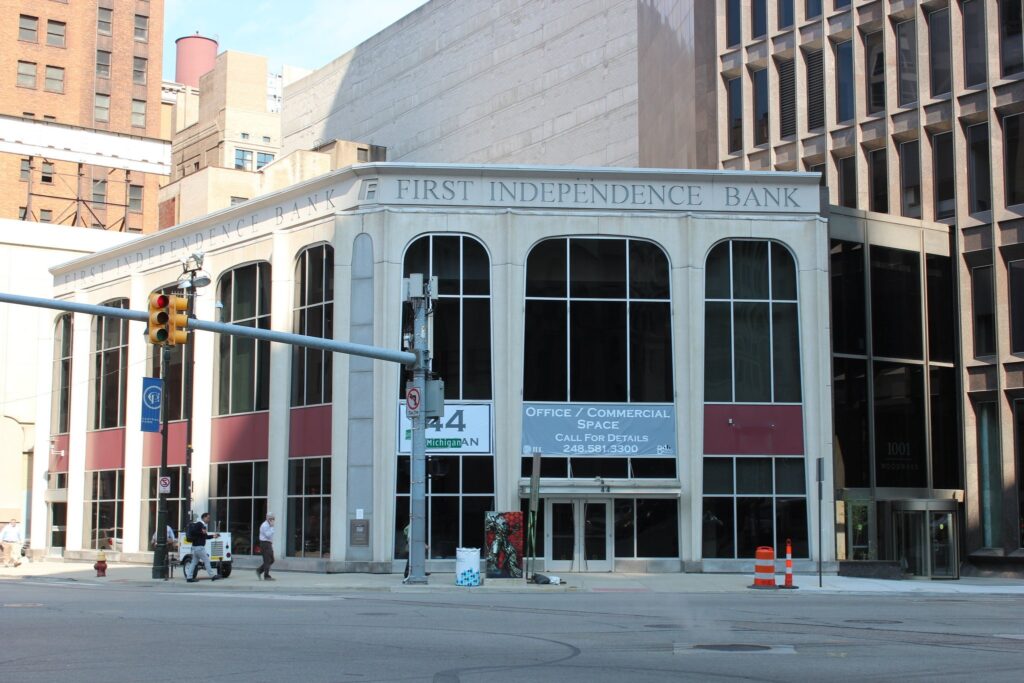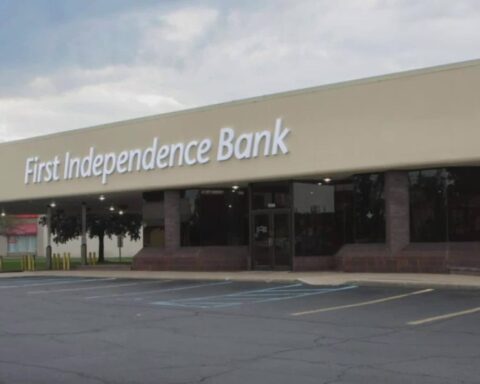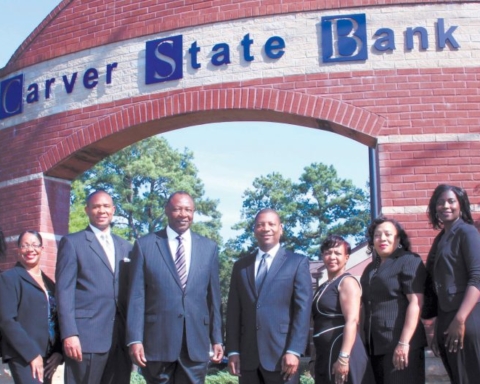What Is a Community Development Financial Institution (CDFI)?
A Community Development Financial Institutions (CDFI) is a private-sector financial organization in the United States that focuses mainly on personal lending and business development efforts in underprivileged local communities in need of revitalization.
By submitting an application to the US Department of the Treasury, CDFIs can receive federal funding. They can also obtain funds from individuals, corporate entities, and religious institutions in the private sector.
CDFIs are classified into four types:
Community Development Banks
By providing targeted loans and investments, community development banks help rebuild economically distressed communities. They are for-profit corporations whose boards have the representation of local communities.
Community Development Credit Unions
Community development credit unions encourage asset and savings ownership while also providing low-income people with affordable credit and retail financial services, often with a focus on minority communities. They are non-profit financial cooperatives that are owned and operated by their members.
Community Development Loan Funds
Community development loan funds (CDLFs) offer financing and development services to low-income businesses, organizations, and individuals. Loan funds are classified into four categories: microenterprise, small business, housing, and community service organizations.
Each loan fund is defined by the type of client it serves, although many institutions serve more than one type of client. CDLFs are typically non-profit organizations governed by boards of directors with community representation.
Community Development Venture Capital Funds
Community development venture capital funds offer equity and debt-with-equity features to small and medium-sized businesses in underserved communities. They can be for-profit or non-profit, and they must include community representation.
How Do Community Development Financial Institutions Work?
Community Development Financial Institutions (CDFIs) serve low-income and underserved urban and rural communities, as many of these citizens are underprivileged or have lacked access to responsible lending. Through community redevelopment, the goal is to assist this group of people in becoming more financially self-sufficient and contributing more to overall economic growth.
In the United States, there are currently over 1,100 chartered CDFIs, each with a focus on using innovative (and often less stringent) lending practices, educational efforts, and small business lending. The CDFI envisions an America where all people and communities have access to the investment capital and financial services they require to thrive.
CDFIs are typically controlled locally, with no interference from the central government.
The CDFI Fund for Community Development
The CDFI Fund is a federal program that promotes access to funds and local economic growth through its Community Development Financial Institutions Program, which provides underserved individuals and communities with loans, investments, financial services, and technical assistance.
The fund also provides tax credits to Community Development Entities, allowing them to attract private-sector investment and reinvest in low-income communities.


